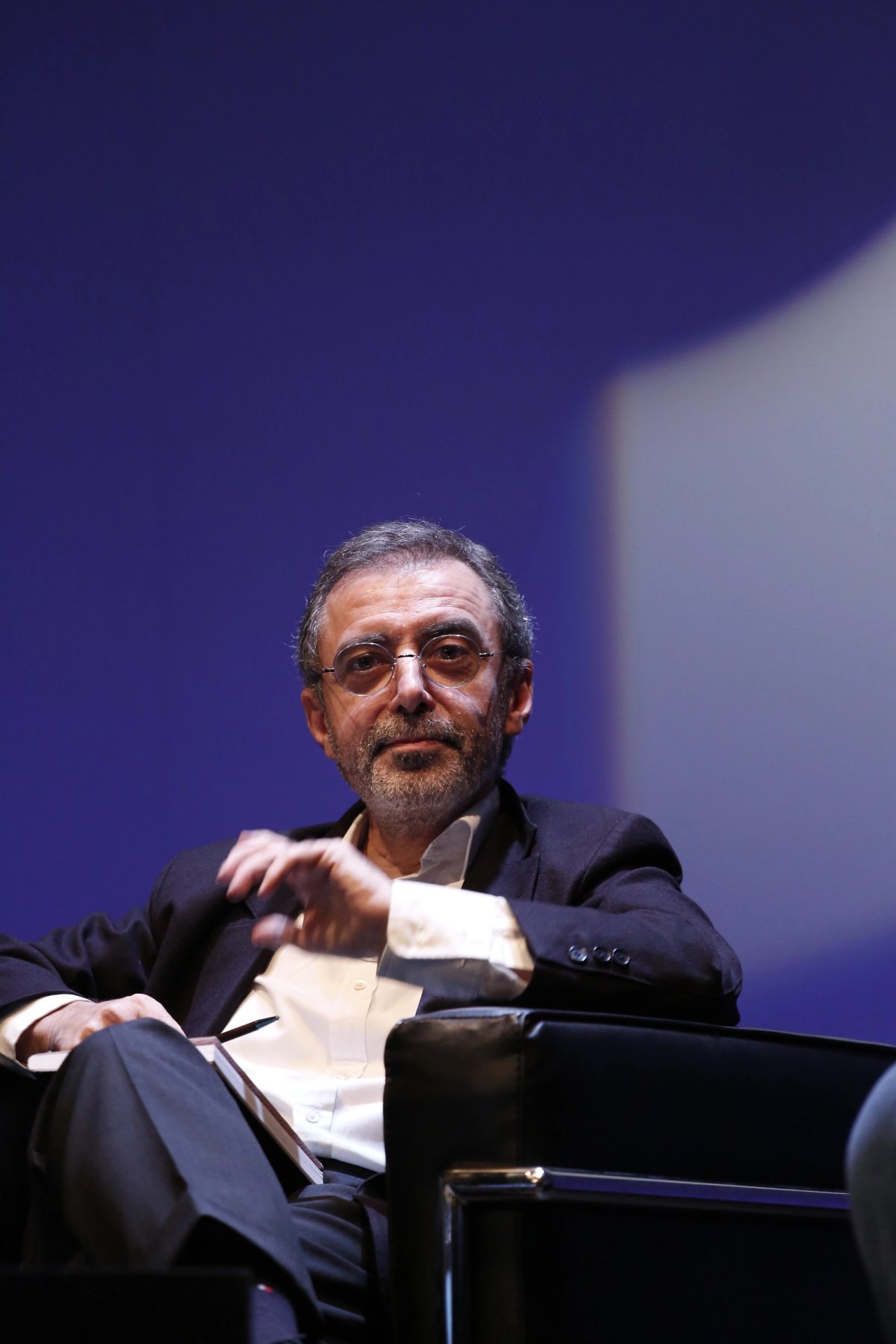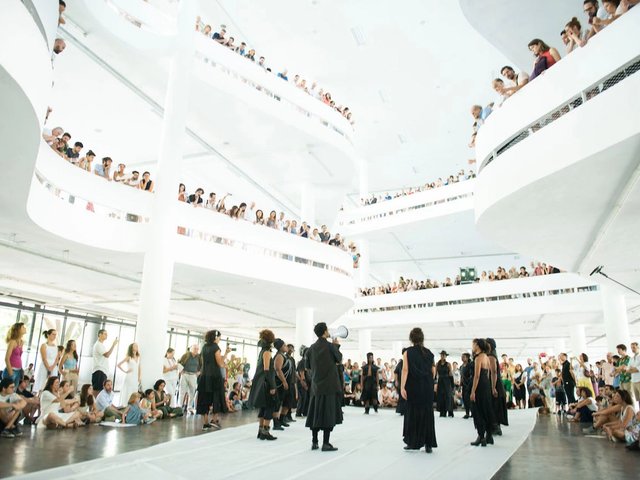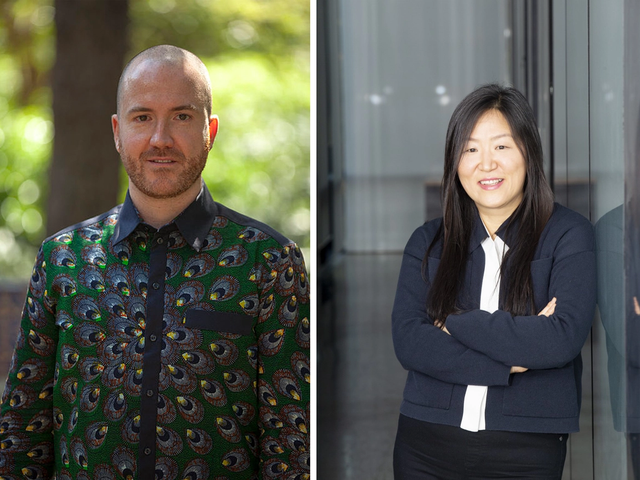A "cultural war" orchestrated by Spain’s “extreme right” has contributed to the resignation of the long-serving director of the Museo Nacional Centro de Arte Reina Sofía museum in Madrid, according to an open letter signed by more than 1,900 art world figures.
On 20 January, Manuel Borja-Villel abruptly resigned from his position as director of Spain's national museum of 20th-century art. A new director is now being sought. Borja-Villel was appointed in January 2008 and oversaw more than 200 temporary exhibitions in the museum, which is best known as the home of Picasso's 1937 painting Guernica.
Borja-Villel’s abrupt decision to step down has led to a widespread show of support from the global museum community, as well as condemnation of the political opposition he faced.
In an open letter published on the website e-flux, artists, curators and museum directors from across the world voiced their support for Borja-Villel and condemned the “cultural war” that had led to his departure. The letter recieved more than 1,900 signatories, including Frances Morris, director of London’s Tate Modern, Mami Kataoka, director of Tokyo’s Mori Art Museum, and María Willis, director of Bogotá’s Museos de Arte Banco de la Republica.
“A ‘cultural war,’ surreptitiously unleashed by the outbreak of the extreme right in the Spanish political and media landscape,” targeted the museum’s leadership, the open letter states. “These attacks are part of a defamatory campaign directed at the model the museum represents,” it continues.
In recent weeks, Borja-Villel has featured in a series of articles in Spain's national media, most prominently in the conservative-leaning outlet ABC, which alleged that the Reina Sofía had repeatedly violated its own internal rules when it renewed Borja-Villel’s employment contract.
In January, ABC published an article claiming that the museum broke its own rules in 2013 and 2018 by denying others the opportunity to apply for the role. The museum’s internal rules state that directors need to be appointed through an open, competitive process, which would allow other candidates to apply. A separate article in ABC also said Borja-Villel had overseen a culture of “political propaganda” in the way the temporary exhibitions on show at the museum were curated. The museum denied these accusations, noting that the Spanish government supported the renewal of Borja-Villel's contract on both occasions.
In addition to the open letter on e-flux, the International Committee for Museums and Collections of Modern Art (CIMAM), which is headquartered in Spain, also pledged its support for Borja-Villel. In a letter published on CIMAM’s website, Suhanya Raffel, the President of CIMAM and director of the M+ museum in Hong Kong, wrote of Borja-Villel: “Parallel to his decision to step down as Director, there has been a targeted media campaign against him and the institution by some elements of the Spanish media.”
Alongside the intervention by CIMAM, the Directors of Art Museums in the Netherlands, Belgium and Luxembourg (Benelux), also published an open letter signed by directors of 14 museums including the Stedelijk Museum in Amsterdam and Kunstmuseum in The Hague, and Germany’s Museum Ludwig in Cologne.
“Against the unfounded recent criticism of the programme and the staff, we ask that the new director and existing team are encouraged to build upon Borja Villel’s policies,” they wrote. “The government has supported Museo Reina Sofia to allow it to become what it is today. For that we give thanks. We ask you now to help take it forward as the vital place it is today.”
Borja-Villel is currently co-curating the upcoming 2023 São Paulo Biennial in Brazil.




